
BIMSTEC Must Emphasize Regional Unity and Cooperation, Says Foreign Minister Dr. Rana
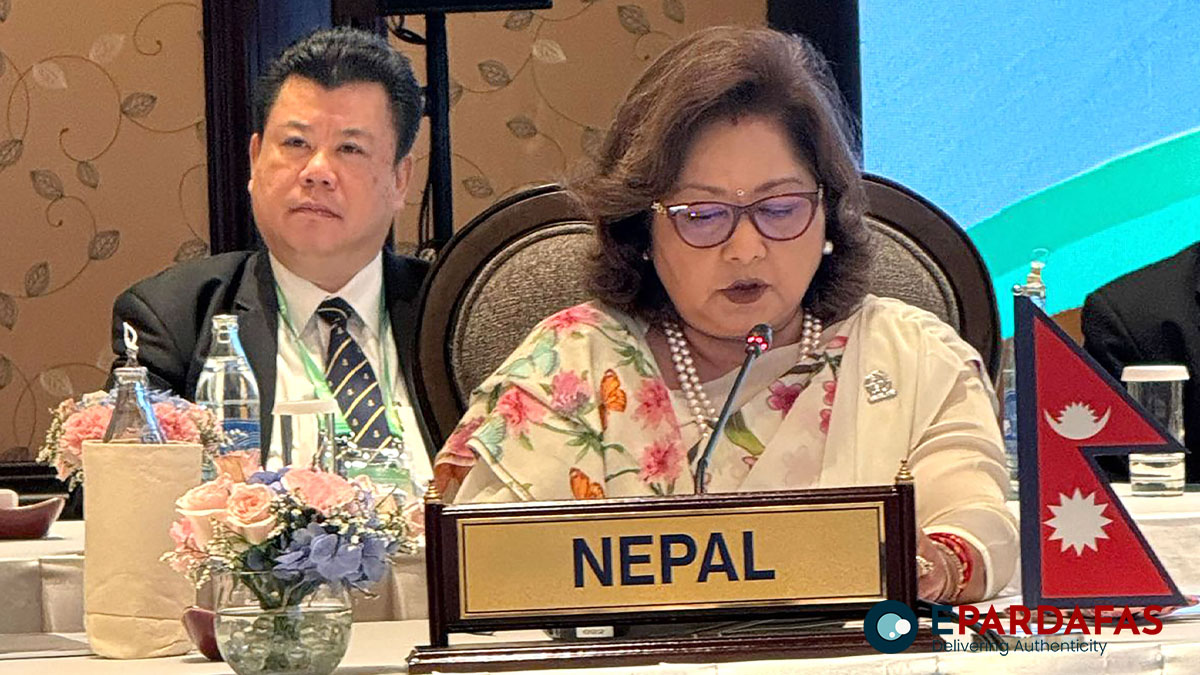
Nepal’s Minister for Foreign Affairs, Dr. Arzu Rana Deuba, has emphasized the need for the Bay of Bengal Initiative for Multi-Sectoral Technical and Economic Cooperation (BIMSTEC) to reinforce regional unity and collective cooperation.
Speaking at the 20th BIMSTEC Ministerial Meeting in Bangkok, held as part of the sixth BIMSTEC Summit, Dr. Rana underscored the importance of strengthening BIMSTEC as a platform that embodies the shared aspirations of the Bay of Bengal region’s citizens. She described BIMSTEC as a vibrant union of South and Southeast Asia, with each member state contributing its unique cultural, historical, and ecological richness. She urged member nations to work together to unlock the region’s economic potential and drive prosperity.
Dr. Rana reaffirmed Nepal’s commitment to regionalism and multilateralism under the leadership of the United Nations, highlighting the country’s active participation in global peace, security, and sustainable development initiatives. She also pointed out Nepal’s role as the largest troop contributor to UN peacekeeping missions, reinforcing its dedication to maintaining international stability.
Addressing regional challenges, Dr. Rana stressed the urgent need to combat climate change, mitigate natural disasters, and address environmental degradation and pollution. She called for immediate investment in infrastructure, early warning systems, and local community engagement in environmental protection efforts. Expressing support for India’s proposal to establish a BIMSTEC Centre of Excellence in Disaster Management, she voiced confidence that the initiative would enhance regional disaster preparedness while leveraging artificial intelligence to tackle emerging threats.
Dr. Rana also urged member states to transform BIMSTEC into a stronger, more action-oriented organization aligned with global trends. She outlined key priorities, including the rapid implementation of the BIMSTEC Free Trade Area, the BIMSTEC Master Plan for Transport Connectivity, and the BIMSTEC Grid Interconnection for regional energy cooperation. She further emphasized the need to operationalize BIMSTEC’s regional centers and institutions to foster deeper collaboration.
Highlighting economic and technological advancements, Dr. Rana advocated for policy alignment, trade facilitation, investment promotion, technology transfer, and the development of a regional digital infrastructure to enhance governance and e-services. She also called for increased educational collaboration among member nations, greater awareness and treatment of maternal, child, and mental health issues, and capacity-building efforts to address climate-related diseases.
Promoting gender equality, she encouraged BIMSTEC nations to exchange strategies for mainstreaming women in governance, development, and conflict resolution to correct historical imbalances and advance social justice. She further emphasized the role of regional partnerships in tourism, poverty alleviation, and cultural exchange, stressing that enhanced people-to-people ties would foster deeper regional integration.
Foreign ministers from all BIMSTEC member states participated in the meeting, reaffirming their collective commitment to the organization’s goals.
- Health Insurance Now Covers Nearly Half of Gandaki Province’s Population
- Mercure Kathmandu Extends Financial Support to Cancer Care Nepal
- DRRMNC Urges Swift Action to Tackle Forest Fires and Accelerate Reconstruction Efforts
- Nepal Observes People’s Movement Day to Commemorate Restoration of Democracy
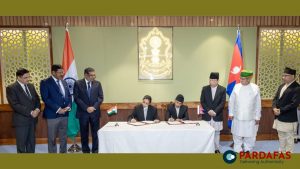

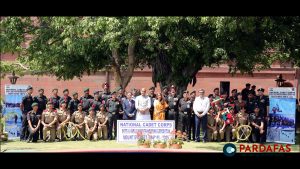
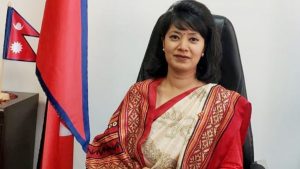
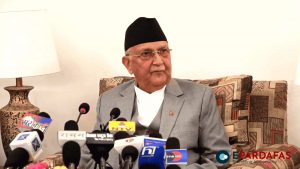
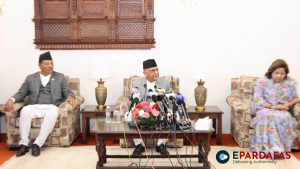



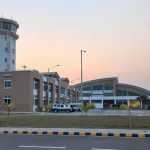


Comments